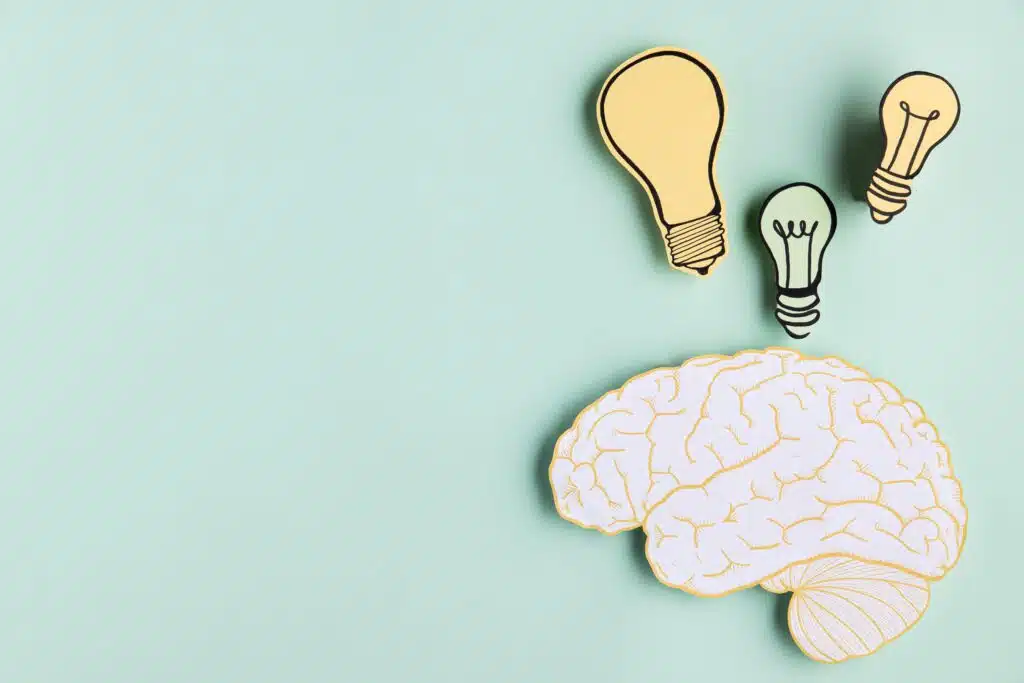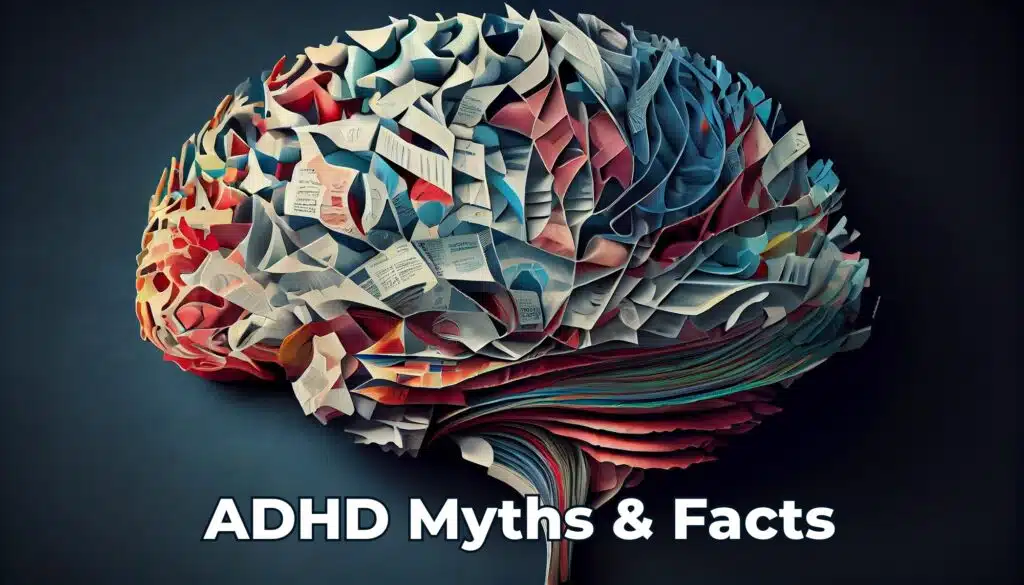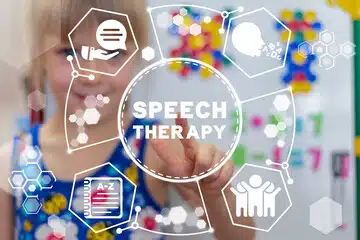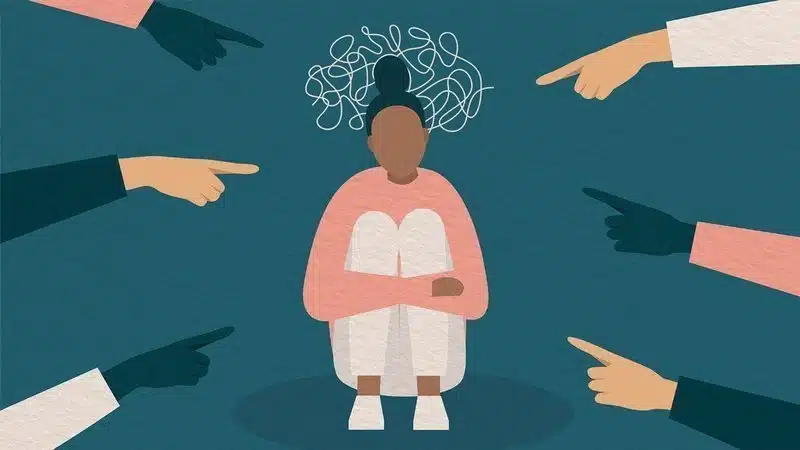Is Attention-Deficit/Hyperactivity Disorder (ADHD) a disability? This question often circles discussions about ADHD, a neurodevelopmental condition that affects millions worldwide. It is crucial to address misconceptions surrounding ADHD, so we can better understand and support those who live with this condition.
ADHD is typically characterised by inattention, hyperactivity, and impulsivity that interfere with a person’s functioning or development. It can impact individuals at school, work, and even in their personal relationships. The widespread perception of ADHD as a disability can vary depending on the context and an individual’s unique experiences.
Understanding ADHD: A Disorder or a Disability?
ADHD is classified as a psychiatric disorder by the Diagnostic and Statistical Manual of Mental Disorders (DSM-5). That said, it can also be considered a disability under various legislative definitions, including the Australian Disability Discrimination Act 1992, where disability encompasses a total or partial loss of a part of the body, malfunction in a part of the person’s body, or disorders or malfunctions that result in the person learning differently.
Myths and Facts About ADHD and Disability
- One common myth is that ADHD is not a real disorder. However, decades of scientific research have in fact confirmed the validity of ADHD as a neurodevelopmental disorder. Brain imaging studies have revealed structural and functional differences in the brains of individuals with ADHD, providing objective evidence for its existence!
- Another myth is that people with ADHD are just “lazy” or “unmotivated.” ADHD is not a character flaw or a result of poor parenting. It’s a genuine condition that affects the brain’s executive function capabilities (think the CEO of the body!), which can manifest as difficulties with attention, organisation, and impulse control.
- There is a misconception that ADHD only affects children. While ADHD is often diagnosed in childhood, it can and does continue into adulthood. Early intervention and ongoing support, including medical and therapeutic interventions, can significantly enhance an individual’s quality of life. According to Mayo Clinic, some children just naturally have a higher activity level than others, and so Children should never be classified as having ADHD just because they’re different from their friends or siblings.
- According to the CDC, even as adults,a diagnosis of ADHD is a possibility, despite not receiving a diagnosis as a child. At work, home, or in relationships, the symptoms may be problematic. Older ages may change the appearance of symptoms, for instance, hyperactivity can manifest as severe restlessness. It’s a well known fact that when adult responsibilities pile up, symptoms can worsen.

EDUCARE and ADHD: Supporting Individuals and Families
“Having #ADHD does NOT mean you cannot graduate school, excel, or achieve any other benchmarks. ADHD does NOT equal failure, thank you very much. It just makes achieving it much, much harder.” – @theADHDacademic on X
At EDUCARE, we understand the complexities associated with neurodevelopmental conditions like ADHD. We offer a multidisciplinary approach to support children, adolescents, and even adults with ADHD. Our team includes Psychiatrists, Psychologists, Speech-Language Pathologists, and Occupational Therapists, all of whom work collaboratively to provide comprehensive care.
Our psychologists, for instance, are experienced in the initial assessment and diagnosis of ADHD, as well as in providing therapy to address the cognitive, emotional, social, and behavioural needs associated with the condition.
Moreover, EDUCARE is a registered and accredited NDIS provider, which means we are equipped to provide services under the National Disability Insurance Scheme (NDIS). This includes Psychology, Speech and Occupational Therapy.
Understanding ADHD as a disability allows for increased recognition of the challenges faced by those with this condition and can open doors to services and accommodations that support their success in various domains of life.
ADHD is not a barrier to a successful, fulfilling life. With accurate information, empathetic understanding, and the right support, individuals with ADHD can thrive. If you or someone you know is grappling with ADHD, reach out to the team at EDUCARE today. We are committed to providing the tools and resources necessary to support our clients on their unique journeys.
FAQs
Is ADHD a real disorder?
Yes, ADHD is a real and scientifically recognised neurodevelopmental disorder. Decades of research have validated ADHD’s existence.
Is ADHD considered a disability?
ADHD can be classified as a disability under various legislative definitions, including the Australian Disability Discrimination Act 1992.
Does ADHD only affect children?
While ADHD is often diagnosed in childhood, it can continue into adulthood. Early intervention and ongoing support can enhance an individual’s quality of life.
Is ADHD a result of laziness or poor parenting?
No, ADHD is not a character flaw or a result of poor parenting. It’s a condition that affects the brain’s executive function capabilities.
How can EDUCARE help individuals with ADHD?
EDUCARE offers a multidisciplinary approach to support children, adolescents, and adults with ADHD, including medical and therapeutic interventions.
Is ADHD a barrier to a successful life?
ADHD is not a barrier to a successful, fulfilling life. With accurate information, empathetic understanding, and the right support, individuals with ADHD can thrive.
What services does EDUCARE provide for people with ADHD?
EDUCARE provides comprehensive services including initial assessment and diagnosis of ADHD, therapy to address the cognitive, emotional, social, and behavioural needs associated with ADHD, and ongoing support.
Is EDUCARE a registered NDIS provider?
Yes, EDUCARE is a registered and accredited NDIS provider and can provide services under the National Disability Insurance Scheme (NDIS).
Ready to learn more about ADHD and our services? Schedule a free consultation with our team at EDUCARE.
Book an appointment



